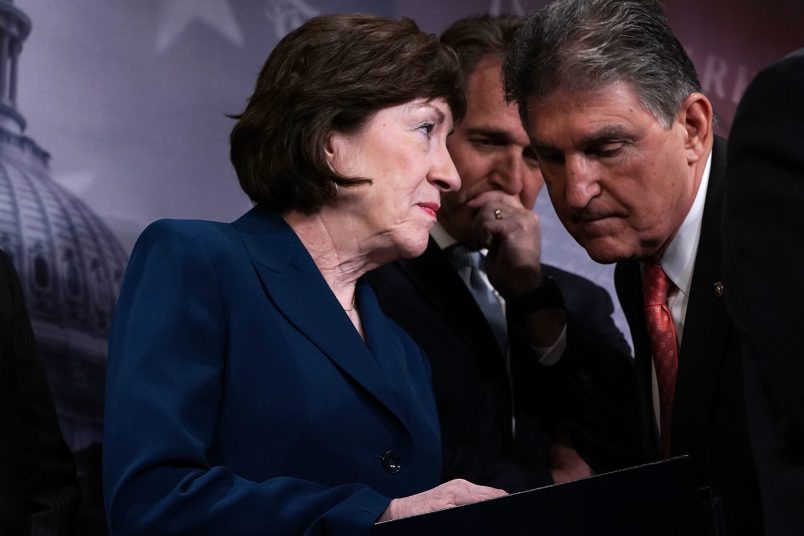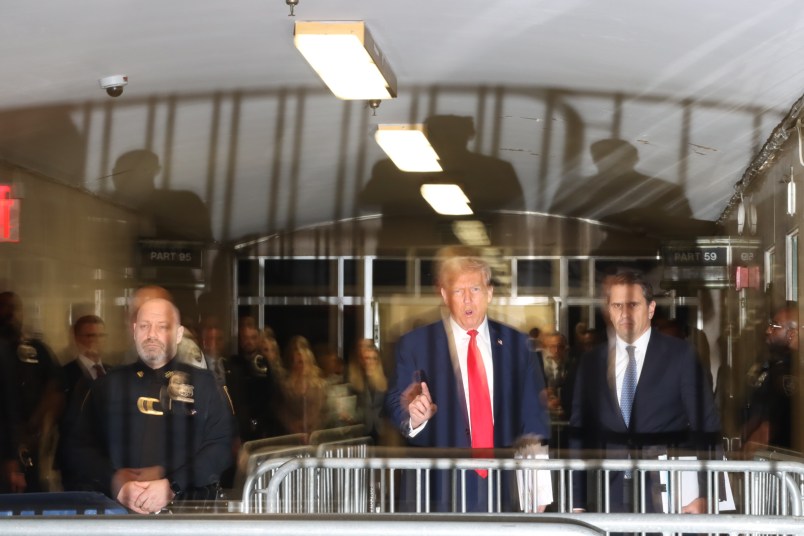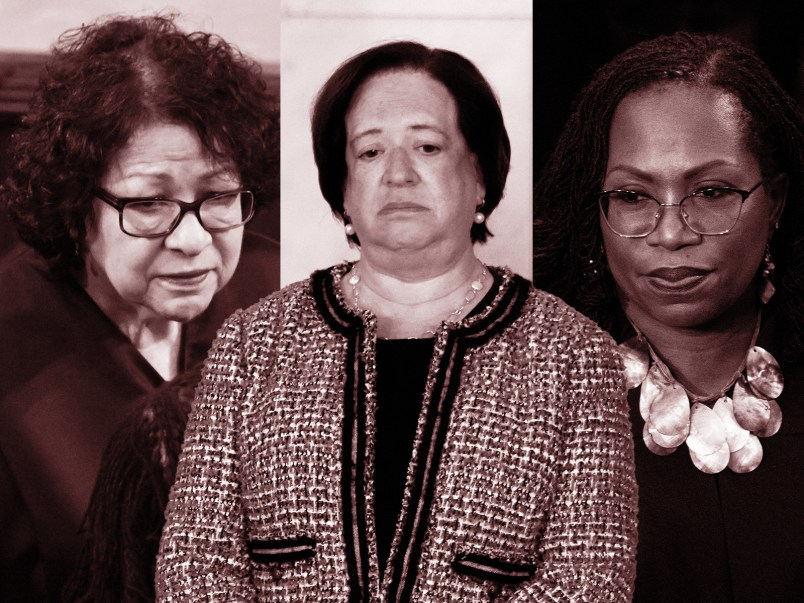News broke Wednesday afternoon that a bipartisan group of senators had come up with a legislative package to safeguard election results from another Trumpian coup attempt.
The primary focus of the reported package is the Electoral Count Act, the vague 135-year-law that Trump, lawyer John Eastman and others targeted to argue that Vice President Mike Pence had the authority to overturn the 2020 election results. Efforts to update the law have, before now, proceeded very slowly.
Unlike past attempts to reform the law, this one appears to have significant bipartisan support: Nine Republican senators were part of a negotiating group behind the proposal. That’s in addition to the potential support of Minority Leader Mitch McConnell, who along with Majority Leader Chuck Schumer (D-NY) reportedly gave the group “a long leash,” indicating a possible embrace from Senate leadership, the Washington Post reported.
The negotiating effort was reportedly led by Sens. Susan Collins (R-ME) and Joe Manchin (D-WV). The Post, NBC News and Politico first reported on the legislation, and Collins subsequently released copies of the bills (and one–page summaries) on her website.
The package includes two bills, the Electoral Count Reform and Presidential Transition Improvement Act, and the Enhanced Election Security and Protection Act.
NBC News cautioned, “Some members are sponsoring one of the two bills but not the other.”
McConnell told the network that the Electoral Count Act “needs to be fixed” and that, “I’ve been in constant touch with Senator Collins and sympathetic with what she’s trying to achieve.”
The first bill would address the election certification process — the target of Trump’s election theft attempt — and the latter would address election worker safety, doubling penalties for threatening or intimidating election workers, voters or candidates. The second bill would also lay out rules for the U.S. Postal Services’ handling of election mail and reauthorize the Election Assistance Commission for five years.
“Through numerous meetings and debates among our colleagues as well as conversations with a wide variety of election experts and legal scholars, we have developed legislation that establishes clear guidelines for our system of certifying and counting electoral votes for President and Vice President,” the negotiating group said in a statement.
“We urge our colleagues in both parties to support these simple, commonsense reforms.”
‘Aggrieved Presidential Candidates’
The Electoral Count Act reform bill would clarify the vice president’s role in counting Electoral College votes as “solely ministerial,” addressing the aspect of the law that Trump pressured Pence to exploit. It would also ensure that in elections where the outcome “is reasonably in doubt,” both candidates would receive presidential transition funds, addressing another dispute after the last election — when executive branch officials delayed releasing funds to the Biden transition team.
While single senators or members of Congress are currently able to make objections to states’ electoral votes, the proposed legislation would raise that threshold to one-fifth of the House and the Senate.
It would also establish a process for aggrieved presidential candidates to create a three-judge panel with a fast track to the Supreme Court in the event of election disputes.
“This accelerated process is available only for aggrieved presidential candidates and allows for challenges made under existing federal law and the U.S. Constitution to be resolved more quickly,” the legislation’s summary said
In an attempt to avoid competing slates of presidential electors — in 2020, Trump’s team juxtaposed real Electoral slates with fake ones corralled by his campaign — the legislation designates states’ governors, or other officials as determined by states, as the sole individuals responsible for submitting election results.
This post has been updated.










